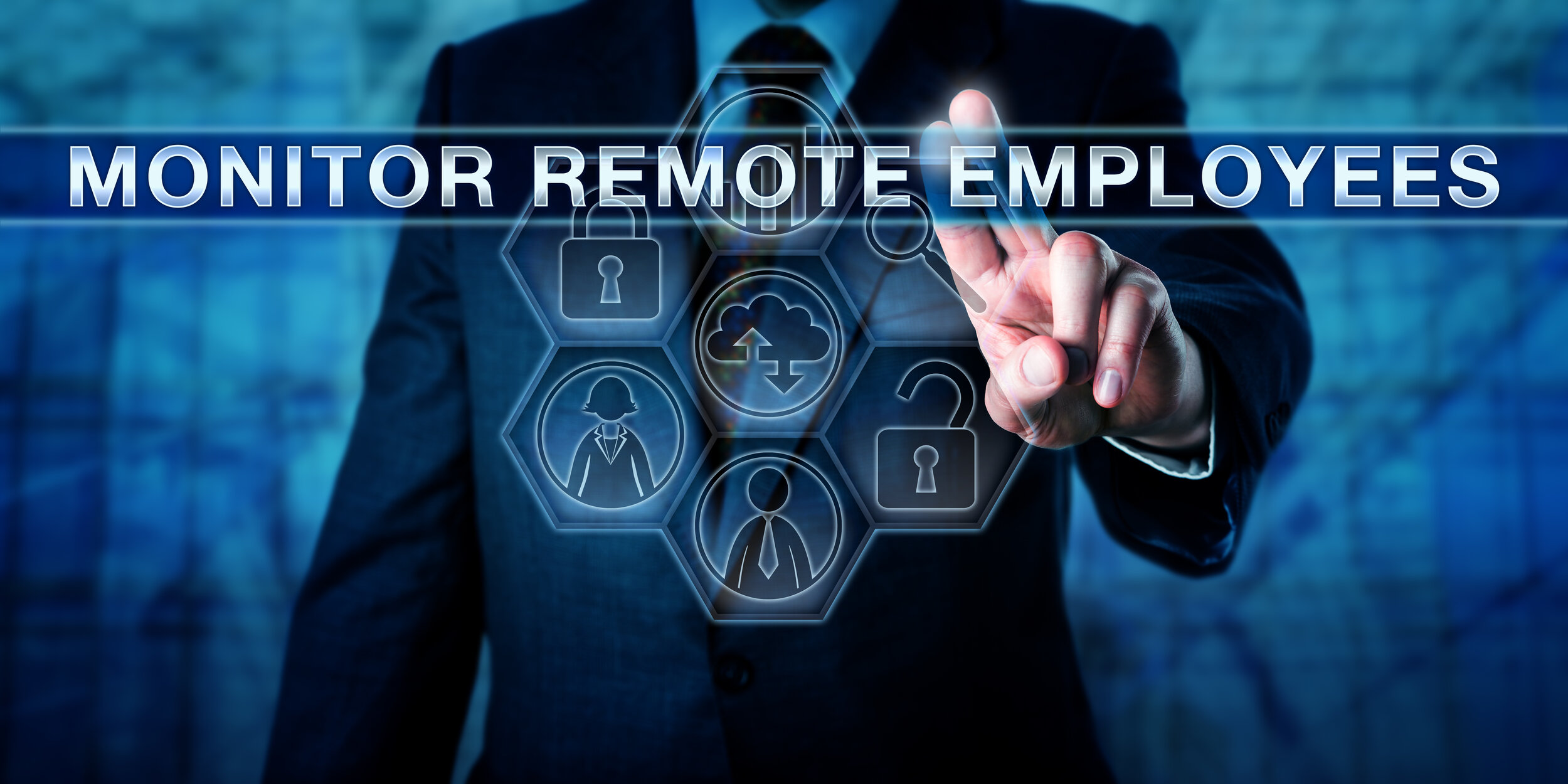First Amendments Rights versus Security – What side should an attorney be on when it comes to his firm's software.
/Last week, I discussed educational bodies banning photos taken at school from being posted on social media – “Self- Awareness in the Wild, Wild West World of Zoom” (posted September 14, 2020). There are inherent First Amendment rights issues: Students’ ability to talk openly with the public about what they think about their school, classmates, and faculty versus other students’ ability to have open discussions of thoughts, popular or not, without the fear of public scrutiny and (verbal and physical) threats. Now the Courts have provided us a new lens to discuss this balance.
CNN reports that a Federal Judge in California has stayed the Government’s download ban of WeChat in the United States. WeChat is a popular social chat application (app) that allows people to talk around the world. The Plaintiffs note that WeChat is one of the very few chat apps that the Chinese Government allows to be used in its country. Plaintiffs argue that their ability to communicate with others in China will be significantly interfered with if the ban were to be allowed. The Government contends that there is a security risk, and its use should not be allowed in the U.S. The judge determined that at this point, the Government has not provide[d] enough evidence that it is narrowly tailored to resolve the US government's national security concerns with respect to the app. So, the ban is stayed, for now. But, the question that needs to be asked by attorneys is, what does this mean for us?
Obviously, if a software program is banned in the U.S., we cannot use it: It’s illegal. But our concerns go beyond just whether or not software, hardware, or cloud service is “banned” in the U.S. We need to consider whether it is safe to use. Rule 1.6(c) requires us to secure our clients’ confidential information. Rule #1.1, Comment, #8, requires us to be up to date in our knowledge of technology and how we use it to practice law (or at least have third party assistance in its use). The concern for attorneys should be when pieces of technology have glaring red flags that they may want to find another platform to do their clients’ work. Otherwise, they may find themselves with a bar complaint or two?
MTC


















